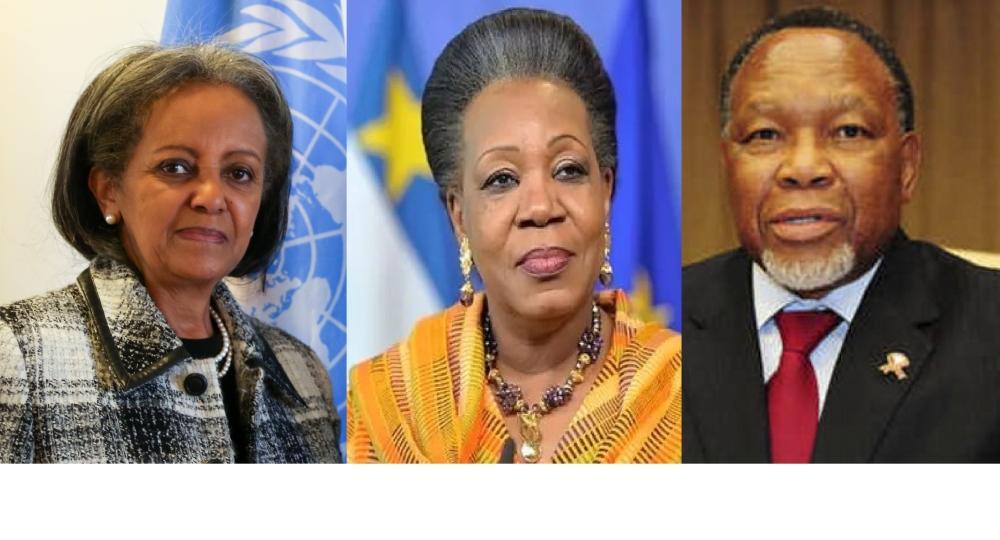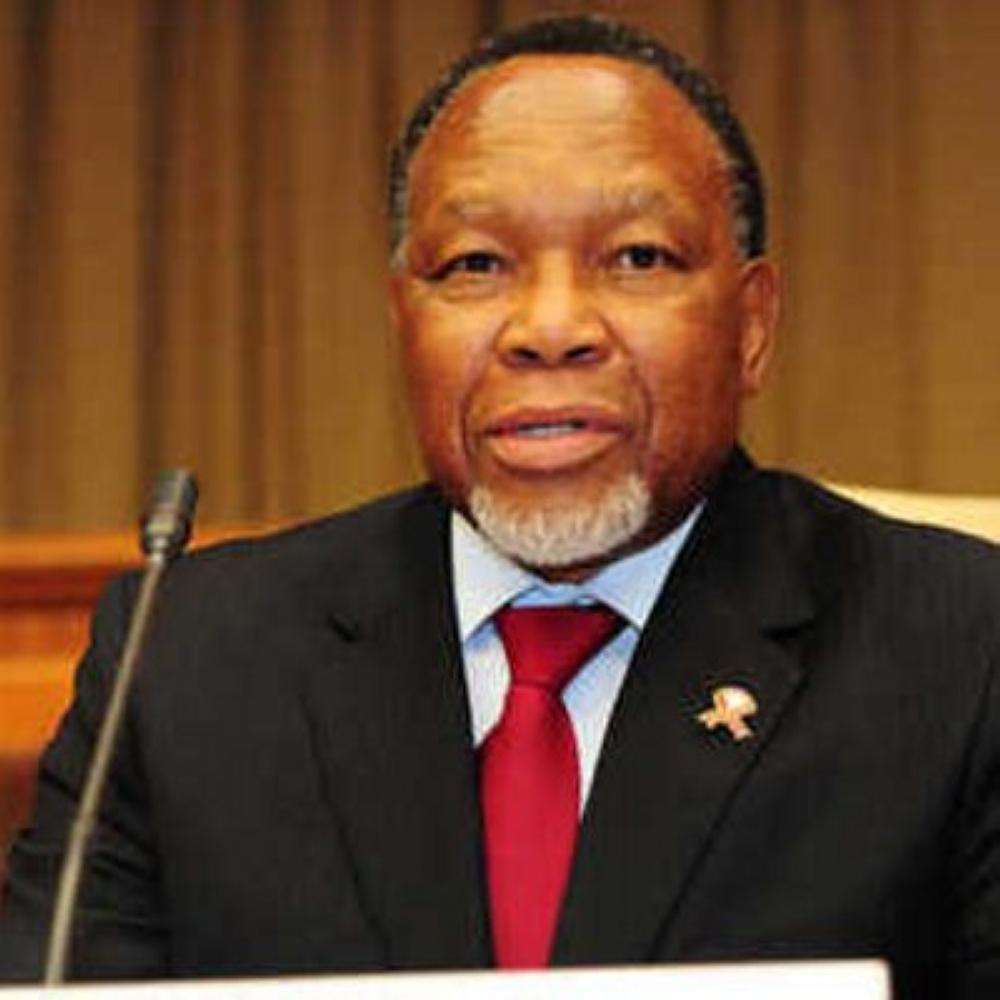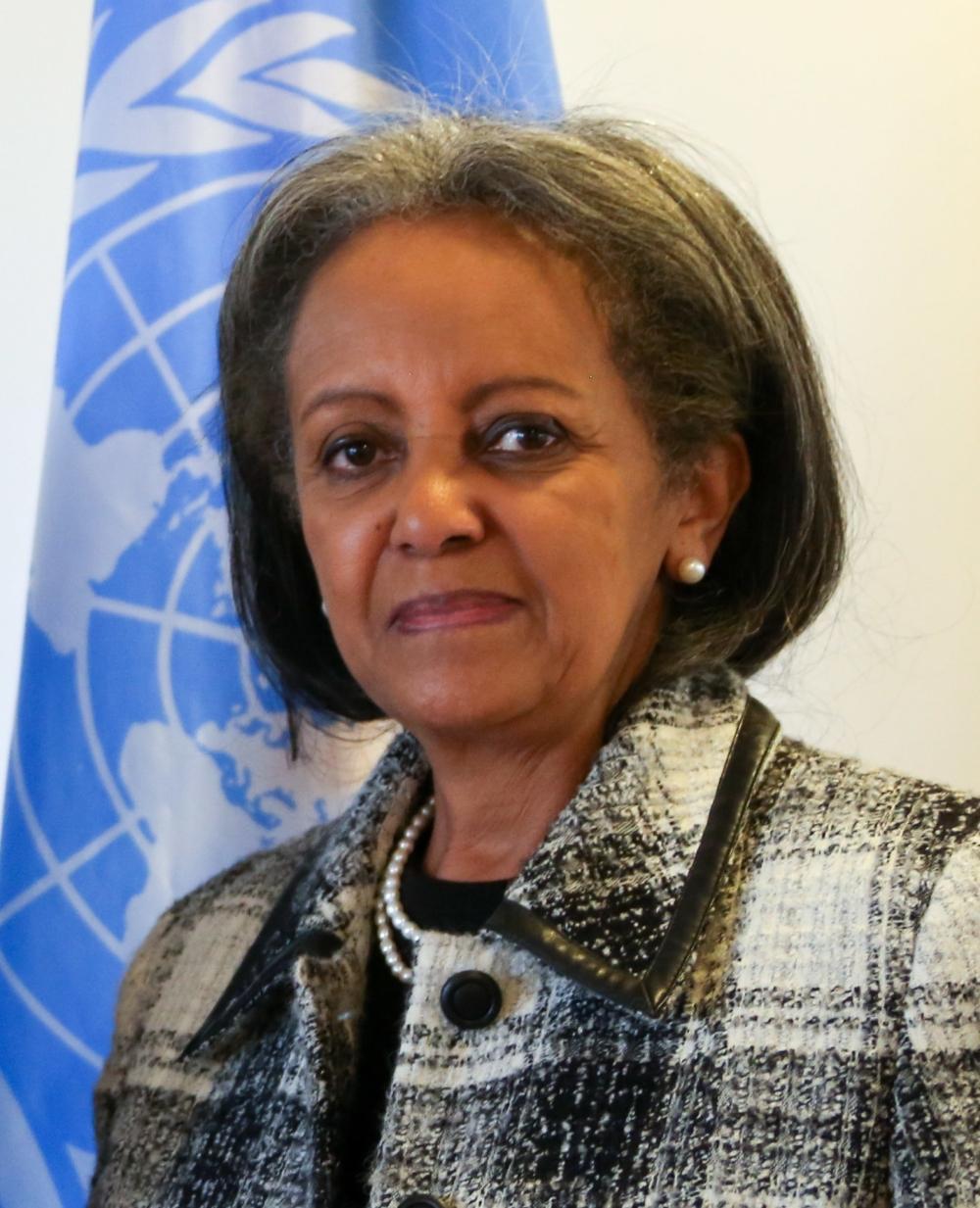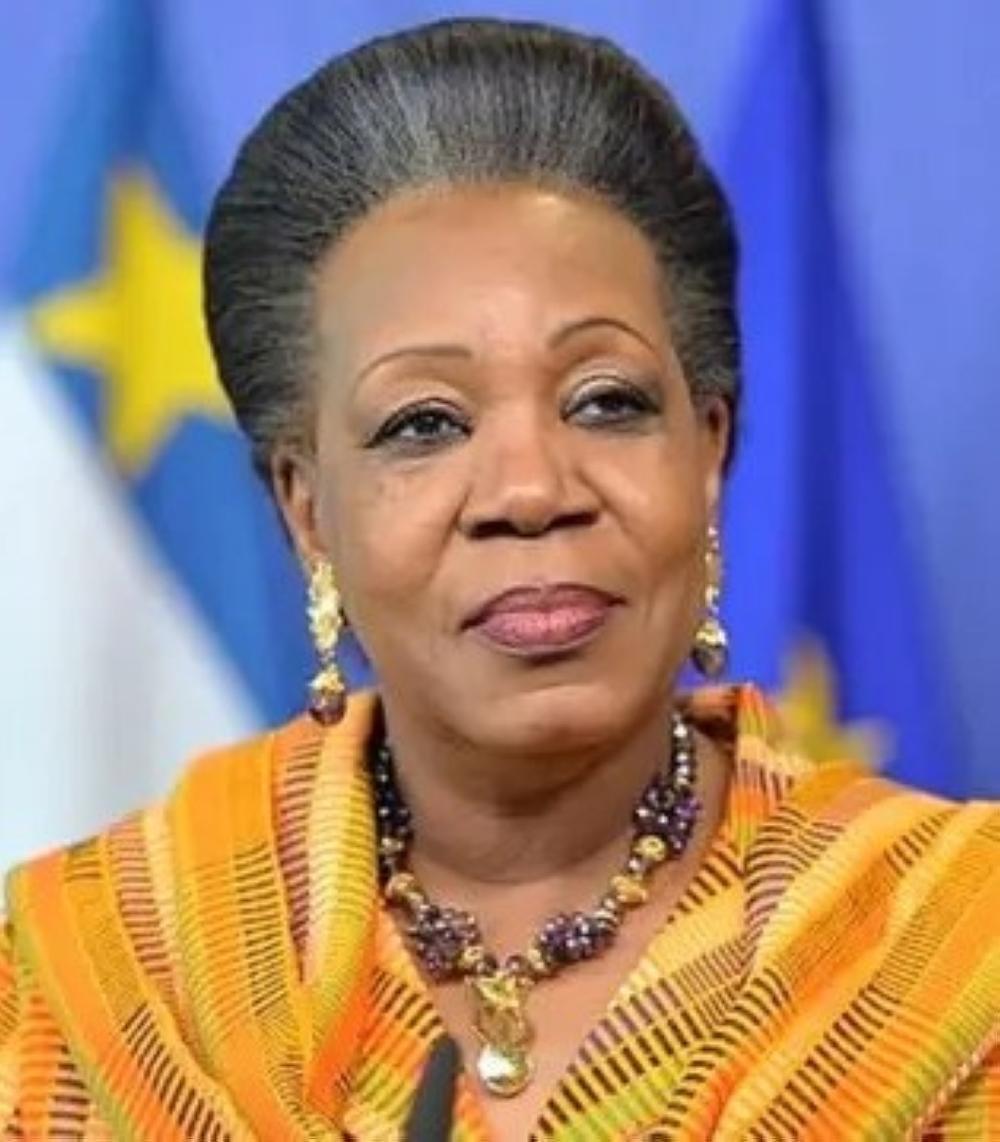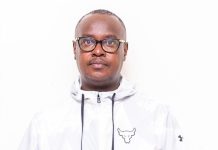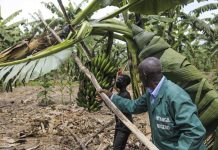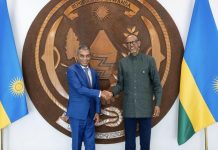Africa-Press – Rwanda. Three new facilitators, all former African Heads of State – two of whom are women – were announced, on Monday, March 24, to work alongside former Nigerian and Kenyan presidents Olusegun Obasanjo and Uhuru Kenyatta, respectively, and help in the ongoing negotiations aimed at finding a lasting solution to the eastern DR Congo crisis.
The eminent persons were added on the panel of facilitators during the joint East African Community (EAC) and Southern African Development Community (SADC) Summit held on Monday evening to address the security situation in eastern DR Congo.
The new facilitators are Kgalema Motlanthe of South Africa, Catherine Samba Panza from the Central African Republic, and Sahle-Work Zwelde, the former President of Ethiopia. In February, Uhuru, Obasanjo, and Ethiopia’s former Prime Minister Hailemariam Desalegn were appointed as facilitators of the peace process for DR Congo. Ethiopia’s former prime minister has now been replaced with the country’s former president.
Kgalema Petrus Motlanthe
Kgalema Motlanthe of South Africa.
Kgalema Motlanthe, 75, is a South African politician who briefly served as the country’s president from September 2008 to May 2009, stepping in after Thabo Mbeki resigned. He later served as deputy president under Jacob Zuma, from 2009 to 2014.
His political career started early when he joined the armed wing of the African National Congress, right after high school. Between 1977 and 1987, he spent time on Robben Island prison due to his activism against apartheid.
As apartheid came to an end, he held the position of ANC’s secretary-general from 1997 to 2007. In 2007, he was elected ANC deputy president, and by mid-2008, he was sworn in as a Member of Parliament and appointed South Africa’s second Minister in the Presidency under President Mbeki, marking his first government role.
Just weeks after taking office, on 25 September 2008, Kgalema Motlanthe was elected national president after Thabo Mbeki resigned at the ANC’s request. He had a brief presidency that lasted seven and a half months.
When Jacob Zuma became president, in May 2009, Motlanthe was appointed deputy president. In December 2012, he ran for ANC president, but Zuma won by a large margin.
He has also previously served in various other capacities. During the 2010 FIFA World Cup, he led a committee that oversaw South Africa’s preparations for the hosting of the tournament.
Sahle-Work Zewde
Sahle-Work Zwelde, the former President of Ethiopia.
Zewde, 75, is an Ethiopian diplomat who served as president of Ethiopia from 2018 to 2024. She was the first woman to hold the office.
Prior to her presidency, she served as a special representative of the United Nations Secretary-General António Guterres, as well as the Head of the United Nations Office to the African Union (UNOAU) at the level of Under-Secretary-General. She previously held the position of Director-General of the United Nations Office at Nairobi (UNON).
Zewde is a natural sciences graduate of the University of Montpellier, in France. She is fluent in English and French as well as Amharic, Ethiopia’s official working language.
She boasts a respectable diplomatic career, having served as the Ethiopian Ambassador to France, Permanent Representative to the United Nations Educational, Scientific and Cultural Organization (UNESCO) and accredited to Tunisia and Morocco (2002-2006).
She worked as Ethiopia’s Ambassador to Djibouti and Permanent Representative to the Intergovernmental Authority for Development (IGAD), and to Senegal, with accreditation to Mali, Cape Verde, Guinea-Bissau, Gambia and Guinea.
Catherine Samba-Panza
Catherine Samba Panza, former President of the Central African Republic
Samba-Panza, 70, is a Central African politician who made history as the country’s first female head of state, serving as the transitional president of the Central African Republic (CAR), from 2014 to 2016.
She is a company lawyer and human rights activist who has conducted numerous actions in support of women’s law.
She has served as a member of the National Council of Mediation and the group of Wise of the Central African Republic and has often been involved in the processes of dialogue and national reconciliation in her country.
Prior to her tenure as acting president, she was the Mayor of Bangui, from 2013 to 2014.
Samba-Panza began her career operating an insurance brokerage and working as a women’s rights advocate. She was chosen in 2003 to serve as the vice president of a national reconciliation conference, and she was then chosen as president of the subsequent committee to implement the conference’s recommendations.
After her service as president, she stayed in Bangui and remained involved with the government as an advisor in areas such as peace mediation. She became an election observer with the Carter Center, overseeing elections in countries such as Liberia, Senegal and DR Congo.
Their task involves contributing positively to resolving the crisis in eastern DR Congo which has been ongoing for nearly three decades.
Last year, Mbeki said that DR Congo should disarm genocidal forces who fled to Congolese territory after carrying out the 1994 Genocide against the Tutsi in Rwanda, in line with the Sun City Agreement signed between Kigali and Kinshasa in April 2003.
Mbeki said the disarmament of these negative forces under the existing Sun City Agreement signed between the leaders of the two countries and witnessed by former UN Secretary General Kofi Annan, and others, can ensure that peace and stability is achieved in eastern DR Congo. He stressed that the agreement’s implementation would lead to a political solution, which, according to him, is “the only way to solve the problem.”
For More News And Analysis About Rwanda Follow Africa-Press

